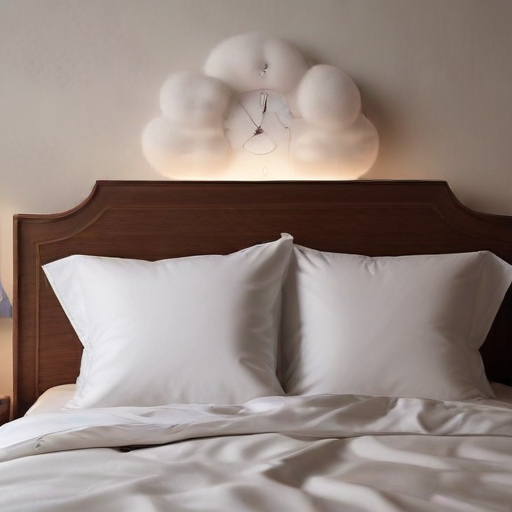In the evolving landscape of sleep science, there’s an increasing focus on how the sleep industry is booming, fueled by growing concerns over insomnia and disrupted sleep patterns. With a plethora of products ranging from high-tech sleep trackers to luxurious mattresses, many are left wondering whether these investments genuinely lead to better sleep, or if they contribute to increased confusion about sleep needs.
In a recent podcast episode featuring renowned sleep expert Dr. Michael Breus, the conversation explored the complexities of sleep, discussing why insomnia has seen a rise, examining various sleep products, and uncovering what happens to our bodies while we slumber. Dr. Breus pointed out that stress is a significant contributor to contemporary sleep issues, with about 75% of insomnia cases linked to stress and depression.
The podcast dives deep into historical aspects of sleep, revealing that the advent of electric light and societal shifts have drastically altered our sleep patterns. Before the industrial revolution, sleep was less complicated, but the introduction of the light bulb and changes in work hours started a trend resulting in widespread sleep disturbances.
Dr. Breus introduced the concept of chronotypes, which refers to individual sleep patterns determined by genetics, thereby debunking the myth that everyone requires a standard eight hours of sleep. He encourages people to pay attention to their unique sleep needs and to consider practical steps for improving sleep quality. These include maintaining a consistent wake-up time, limiting caffeine and alcohol intake, and engaging in regular exercise tailored to the individual’s schedule and chronotype.
A hopeful perspective emerges from the discussion as Dr. Breus suggests that significant improvements can be achieved by implementing simple, cost-free strategies over two to three weeks. Furthermore, advances in treatment options, such as AI-driven cognitive behavioral therapy and targeted insomnia medications, hold promise for those struggling with sleep issues.
Overall, the insights from this episode reflect a growing understanding that improving sleep is not solely about the quantity of hours spent asleep, but rather about the quality and personal alignment with one’s natural sleep preferences. For those grappling with sleep challenges, there is hope in the potential for better sleep and overall well-being moving forward.
Utilizing this newfound knowledge can empower individuals to take control of their sleep health, leading to transformative changes in their daily lives.
